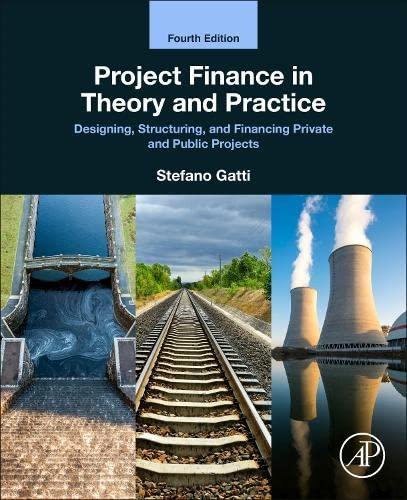Answered step by step
Verified Expert Solution
Question
1 Approved Answer
An insurance company is offering a new policy to its customers. Typically, the policy is bought by a parent or grandparent for a child at
An insurance company is offering a new policy to its customers. Typically, the policy is bought by a parent or grandparent for a child at the childs birth. The details of the policy are as follows: The purchaser say the parent makes the following six payments to the insurance company:
First birthday: $
Second birthday: $
Third birthday: $
Fourth birthday: $
Fifth birthday: $
Sixth birthday: $
After the childs sixth birthday, no more payments are made. When the child reaches age he or she receives $
If the relevant interest rate is percent for the first six years and percent for all subsequent years, what is the value of the policy at the child's th birthday?
Note: Do not round intermediate calculations and round your answer to decimal places, eg
This is tricky! I suggest using Excel. It is easiest if you first figure out the future value of each cash flow at the end of year Remember, the payments into the policy are at the end of the year, so when the question says the interest rate is X for six years, you need to determine how many years into the future there are for each cash flow. For instance, do you need to find the future value of the first cash flow for five years or six years? Once you get the total of the future values of all cash flows at the end of year then you have to determine what that total is worth at year the child receives the money.
Step by Step Solution
There are 3 Steps involved in it
Step: 1

Get Instant Access to Expert-Tailored Solutions
See step-by-step solutions with expert insights and AI powered tools for academic success
Step: 2

Step: 3

Ace Your Homework with AI
Get the answers you need in no time with our AI-driven, step-by-step assistance
Get Started


